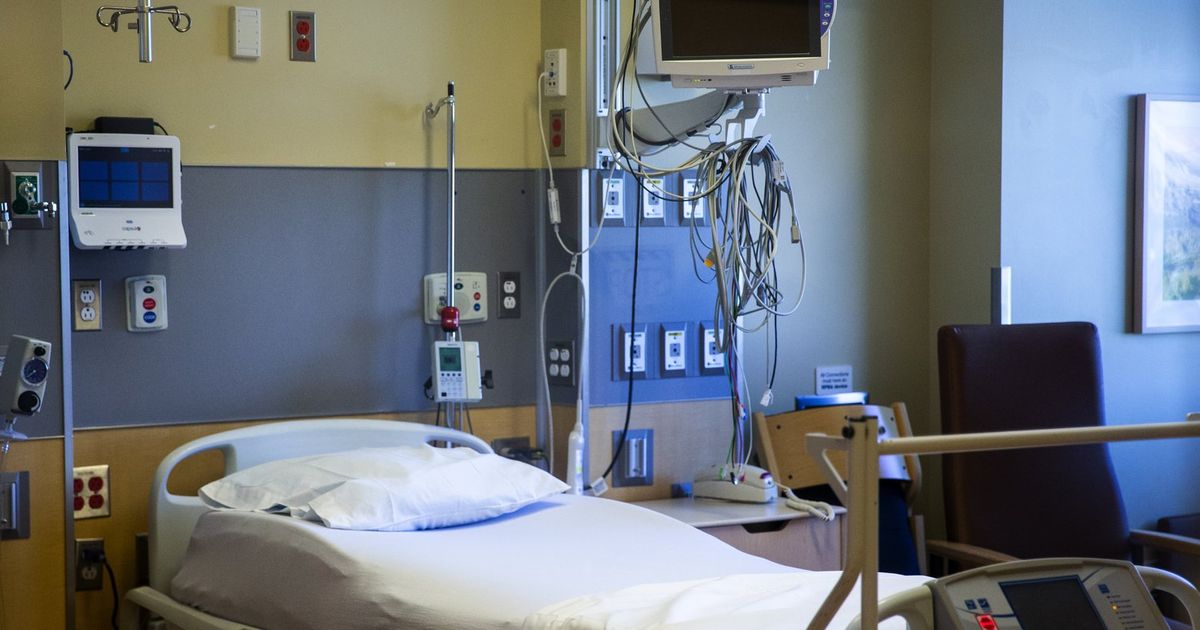Ultra-rapid spread of a mild strain that conferred immunity would be pretty close to a best-case scenario at this point. A Christmas miracle, or just wishful thinking?
Yeah, I think it's too much to hope for. I think we're going to see tons of cases in the US (probably all time highs - this is a revision of what I stated a few days ago):
I guess I’d assume Omicron cases could exceed all prior peaks but it’s a little hard to say. I kind of suspect it won’t exceed winter 2020, because people are more aware and boosting and vaccination will still help. I certainly don’t expect hospitalizations to rival winter 2020. Very hard to predict though!
Anyway the outcomes by type:
1) The unvaccinated are going to get clobbered. Everyone will finally get COVID, maybe. Herd immunity? Lol.
2) Prior infected, unvaccinated, are going to get clobbered to a lesser extent. Infection-acquired immunity isn't that great against Omicron it seems.
3) Also double vaccinated (naturally immune, but never infected) will have problems, but to a lesser extent than prior infections.
4) Boosted individuals (naturally immune) and boosted + infection-acquired (double natural immunity!) will generally do well.
5) The data seems to suggest the first-infected + boosted individuals (3 doses is great to increase natural immunity) do the very best. They'll have very few problems.
Overall, after seeing how things are transpiring, I expect cases, hospitalizations, and deaths, to be hitting all time highs in January and February. Simply too many people in class 1, 2, and to a lesser extent 3 in this country.
Not happening because Omicron is more virulent - I tend to think it might be slightly less virulent, but it's really hard to tell. But the very rapid spread is going to lead to a massive hit.
The good news is that boosters really see to confer very good protection. The bad news is the spread will be so fast that an Omicron-specific boost may not provide much utility by the time it becomes available.
This spike was so rapid a 20 day lag would give a 10x higher CFR.
Yes. I do tend to think the low-ish CFRs are mostly due to the lag. And maybe some immunity. Still, as I said, at least it didn't bottom out at 1%. But yeah, as I said originally, sky high growth rates will lead to very very low CFRs, and that's the biggest reason for that drop.







